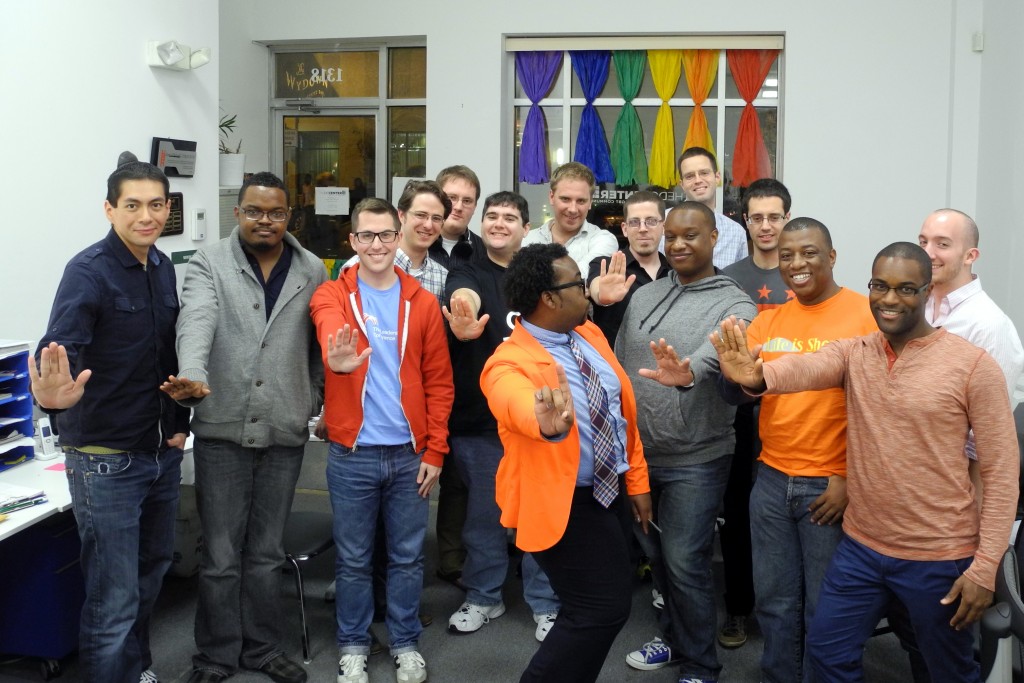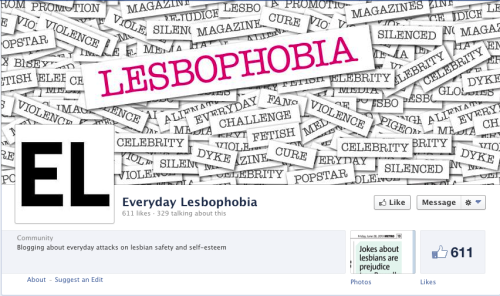
By: Patrick Ryne McNeil
On Friday, October 18, I joined Holly Kearl to co-facilitate a discussion group at Gay District, a “social and discussion group for 18-35-year-old GBTQQI men” that meets twice each month in Washington, D.C.
The discussion focused on sexual harassment and sexual violence experienced in public spaces specifically by this community of men in D.C. Stories about particular incidents of street harassment, how these experiences impact the way these men navigate public spaces, and solutions – both in D.C. and beyond – were of particular interest during the discussion.
I was incredibly appreciative for the number of men who attended this important discussion and was struck by just how many of them had stories to share. They underscored for me both how common this issue is for so many men in D.C. and just how many separate venues it permeates – not just on the street, but in stores, at bus stops, on the bus and on metro. And it starts so early. Several men discussed being harassed at alarmingly young ages, well before they identified as gay or some other non-normative identity.
One solution discussed that is specific to D.C. was making sure everyone knows they have access to WMATA’s anti-sexual harassment ad campaign, something that many men thought was really (perhaps exclusively) for the use of women. In addition, ensuring that everyone knows where they can report harassment is critical; one participant who experiences harassment at his bus stop was unaware that he could report harassment at that location, which is in fact an option on WMATA’s reporting page.
Friday’s discussion is one of ten taking place across the United States with various demographics as part of Stop Street Harassment’s national study on street harassment.
My master’s thesis focuses on how gay and bisexual men experience street harassment. To learn more about my research in particular, you can check out my op-ed from this year’s International Anti-Street Harassment Week, or contact me at patrickryne@gmail.com.
Patrick McNeil is finishing his master’s thesis at The George Washington University in Washington, D.C., where he is pursuing his Master’s in Women’s Studies. His work focuses on whether and how gay and bisexual men experience street harassment and how this form of harassment intersects with and diverges from the gender-based street harassment of women. Follow him on Twitter at @patrickryne.


